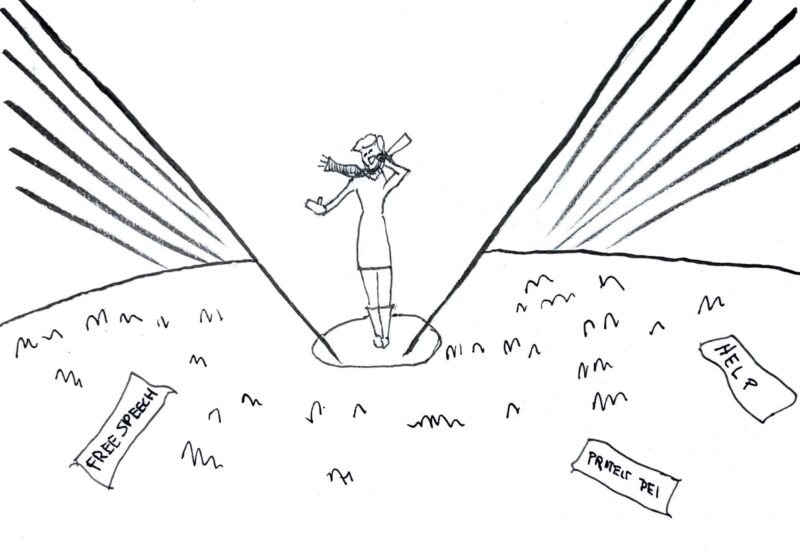A committee of professors and students in the Brain and Cognitive Sciences Department drafted a set of workplace behavior guidelines last fall in response to budding rumors over what would become the case against Professor T. Florian Jaeger.
The University did not adopt the guidelines, but the suggestions ultimately influenced some changes in the faculty handbook in May.
Those conclusions come after the Campus Times reviewed a copy of the guidelines and obtained a letter addressed to BCS graduate students, researchers, and staff on Wednesday that outlined the committee’s efforts last year to prevent future sexual misconduct as rumors over the allegations swelled.
“Over the past year, tensions grew within the department not because of differences in concern about the allegations and conviction that they required a full investigation, but rather because of differences of opinion about how to proceed once the investigation and appeal process had concluded,” said the letter, which was signed by eight BCS professors.
“What we really wanted to do is convey to our students that we didn’t just sit still,” a BCS professor — who asked to remain anonymous due to proximity to the Jaeger controversy — with knowledge of the situation told the Campus Times.
The letter continued by relating the department’s efforts to revise policies to prevent situations like that with Jaeger from happening again.
In Sept., 2016, the committee of five sat down to begin looking at the current University policy and drafting a document to prevent unhealthy faculty-student relationships, the professor said.
The professor explained that not everybody on the committee knew that rumors surrounding harassment within the BCS department were tied to the actions of Jaeger, and so the document it produced was not tailored toward the specific actions Jaeger took.
The document, which the professor said has policies similar to those of Stanford University and the NCAA, outlines inappropriate behavior, the actions that should be taken in response to it, and how to handle an intimate relationship between students and faculty. The guidelines also clarified examples of inappropriate behavior — such as making comments about a student’s appearance or pressuring students to attend social events — that Jaeger was accused of.
It was the text of this document that factored into a push by BCS faculty to have the Faculty Senate revise its faculty handbook to more effectively prevent and address issues like the one BCS was facing.
In one location in the policy on student relationships, text was added prohibiting relationships between faculty and prospective students and postdocs if the faculty member could hold academic authority over the individual, exactly as was recommended by the BCS committee.
A different part of the revised handbook now clarifies what is meant by “academic authority,” which it says includes situations in which a faculty member may give an individual recommendations or grades, and if the faculty member may be able to influence another person’s ability to get grants and honors.
Not all of the policies in the BCS document were accepted.
One such policy was a 30-day reporting period in which a faculty member would be required to report a relationship between themselves and a student to either their department chair or the administration.
Additionally, the current Faculty Handbook does not include a clause mandating that a faculty member recuse themselves from any situation where they may hold authority over the student they have a relationship with.
The letter was sent ahead of a meeting Dean of the School of Arts and Sciences Gloria Culver had with BCS students Thursday.
A University spokesperson declined to comment.





